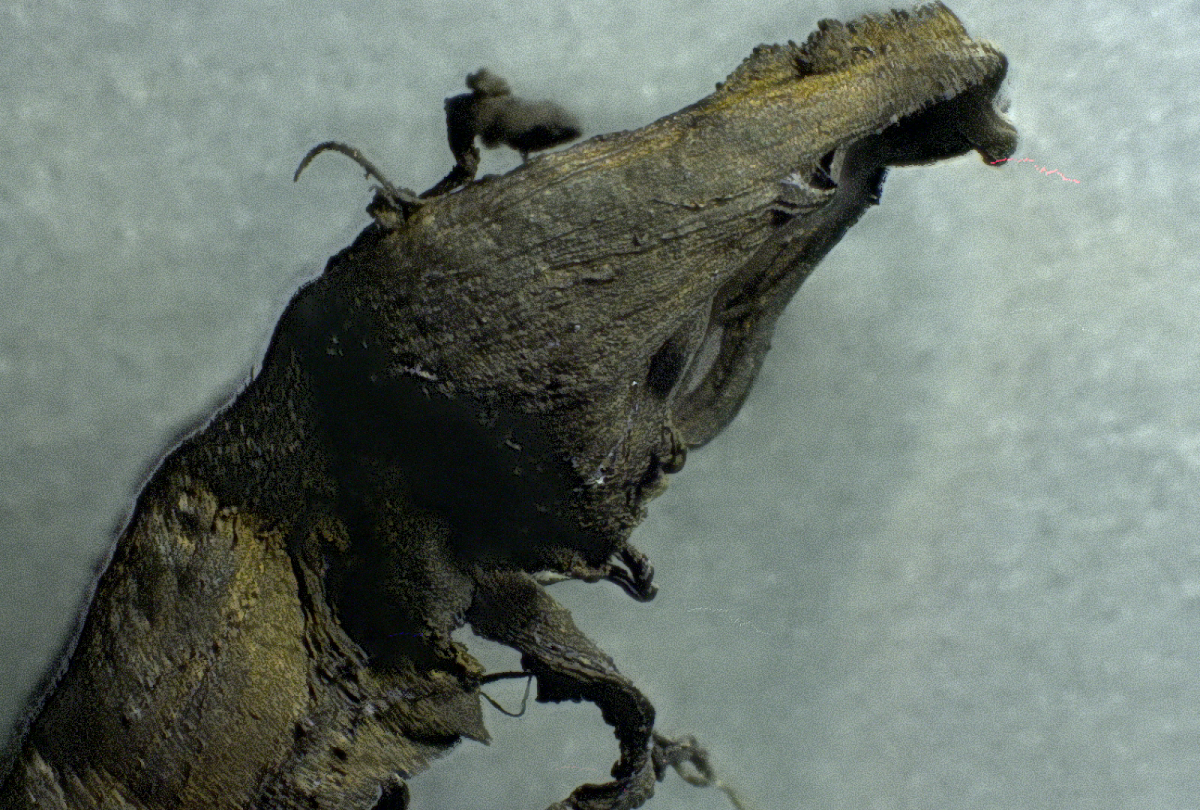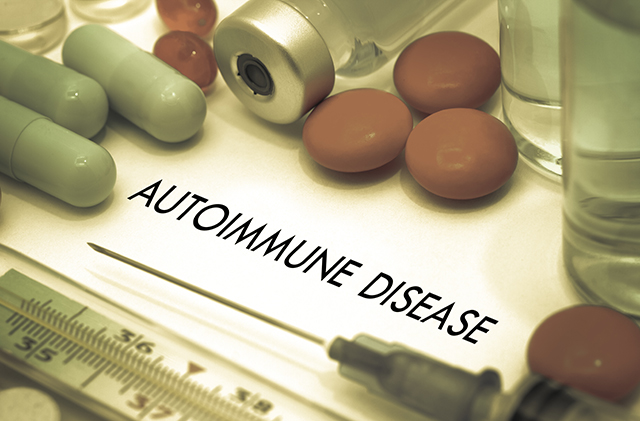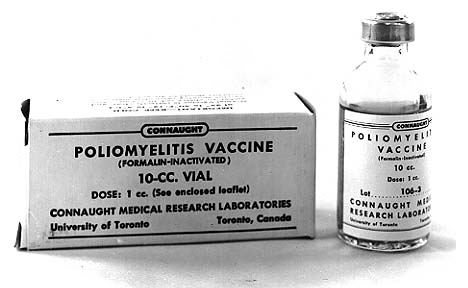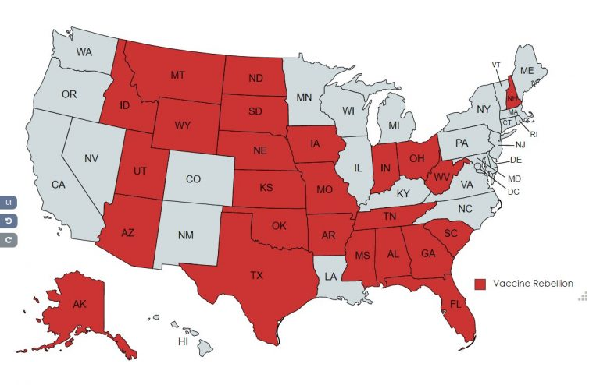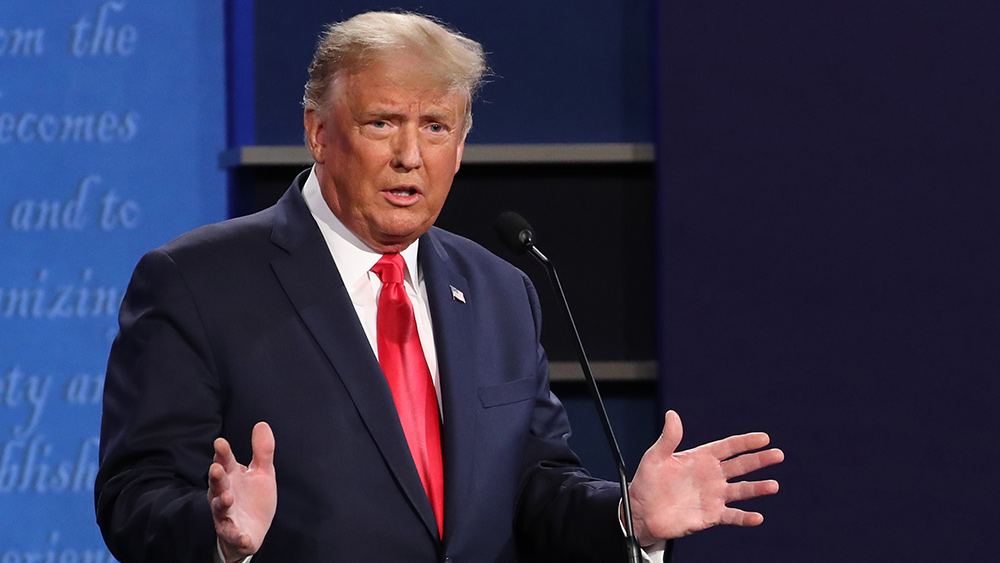How America can learn from the COVID-19 pandemic to prepare for future bioweapons attacks
11/14/2020 / By Cassie B.
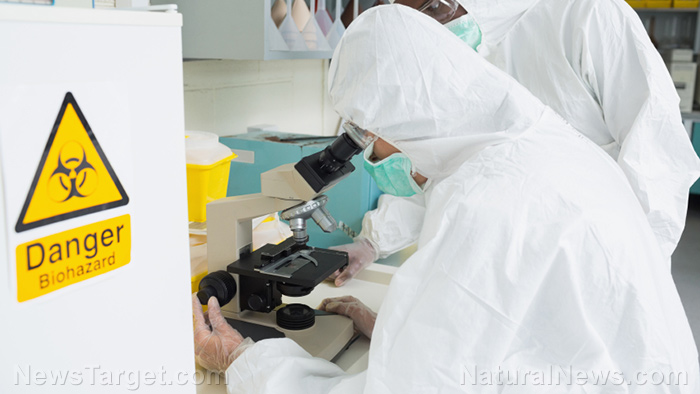
It’s hard to find upsides to the coronavirus pandemic that has wrought so much devastation on the world, but if anything positive can come of this, it will be if we learn how to better prepare for a potential future bioweapons attack.
Although COVID-19 has already killed more than 1.2 million people, the damage could be far, far worse if a bioweapon is developed that has a high mortality rate.
Of course, some experts have dismissed the possibility of bioweapons attacks, saying that dissemination issues make it hard to wreak havoc on a large scale. Even Dr. Anthony Fauci has said that the benefits in vaccine advancement from risky gain-of-function research that was carried out by Dutch virologist Dr. Ron Fouchier outweighed the risks.
But this type of “research” is exactly how we got into this mess with coronavirus in the first place, and as technology advances – particularly in the realm of genetic engineering – we could well see more dangerous toxins and more sophisticated delivery mechanisms at a scale that could make COVID-19 look like a walk in the park. That’s why experts like Lt. Andrea Howard, a nuclear submarine officer, believe that the U.S. needs to prepare now for what may come, whether it is terrorism or interstate warfare.
Deterrence, disruption and defense
Lt. Howard outlines three categories of action that could have an impact: deterrence, disruption and defense.
The best way to save lives in terms of biological warfare, she argues, is by convincing adversaries that this type of attack would not have the desired effects. If the U.S. toughens its biowarfare response through better interagency cooperation and compiling the right materials, it could send the message to enemies that such an attack would be unprofitable.
She also suggests a military joint task force with IT professionals and medical leaders. In addition, medical schools need more curriculum and exercise on controlling and responding to pandemics.
Should deterrence fail, the early detection and disruption of a bioweapon could do a lot of damage control. Howard suggests high-performing information operations and a better understanding of international biological facilities could help with early warning of bioweapon threats, especially in light of the fact that human error has caused pathogens to escape from labs around the world. This was the case with the UK foot and mouth outbreak seen in 2007 and SARS in 2004, and many believe this is also what happened with COVID-19, either intentionally or unintentionally.
Finally, should the country’s attempts to deter or disrupt bioweapons attacks fall short, it must be prepared to carry out a strong defense. The military, she says, needs to make every effort to maintain the health of its service members to facilitate quick and ongoing emergency responses and combat operations. The National Guard can help with drive-through testing and delivering supplies to vulnerable populations, while U.S. Navy hospital ships can go to major cities to help alleviate overcrowding in hospitals. The military could also respond to issues with critical national infrastructure such as water, electricity, IT and sanitation.
The current pandemic has exposed the need to have enough materials like protective masks, surface cleaners and hand sanitizer on hand. Depending on the nature of the bioweapon, we have also seen firsthand the importance for businesses to be prepared for researching, producing and delivering PPE as well as antibiotic and antiviral drugs if proven to help. It could very well just be a matter of time before the U.S. sees a major bioweapon attack that is far greater than what is going on with the COVID-19 pandemic, and we must be prepared for the worst.
Sources for this article include:
Submit a correction >>
Tagged Under:
biological weapons, bioweapons, coronavirus, covid-19, infections, lessons learned, outbreak, pandemic, prepping
This article may contain statements that reflect the opinion of the author
RECENT NEWS & ARTICLES
COPYRIGHT © 2018 BIOLOGICALWEAPONS.NEWS
All content posted on this site is protected under Free Speech. BiologicalWeapons.news is not responsible for content written by contributing authors. The information on this site is provided for educational and entertainment purposes only. It is not intended as a substitute for professional advice of any kind. BiologicalWeapons.news assumes no responsibility for the use or misuse of this material. All trademarks, registered trademarks and service marks mentioned on this site are the property of their respective owners.






